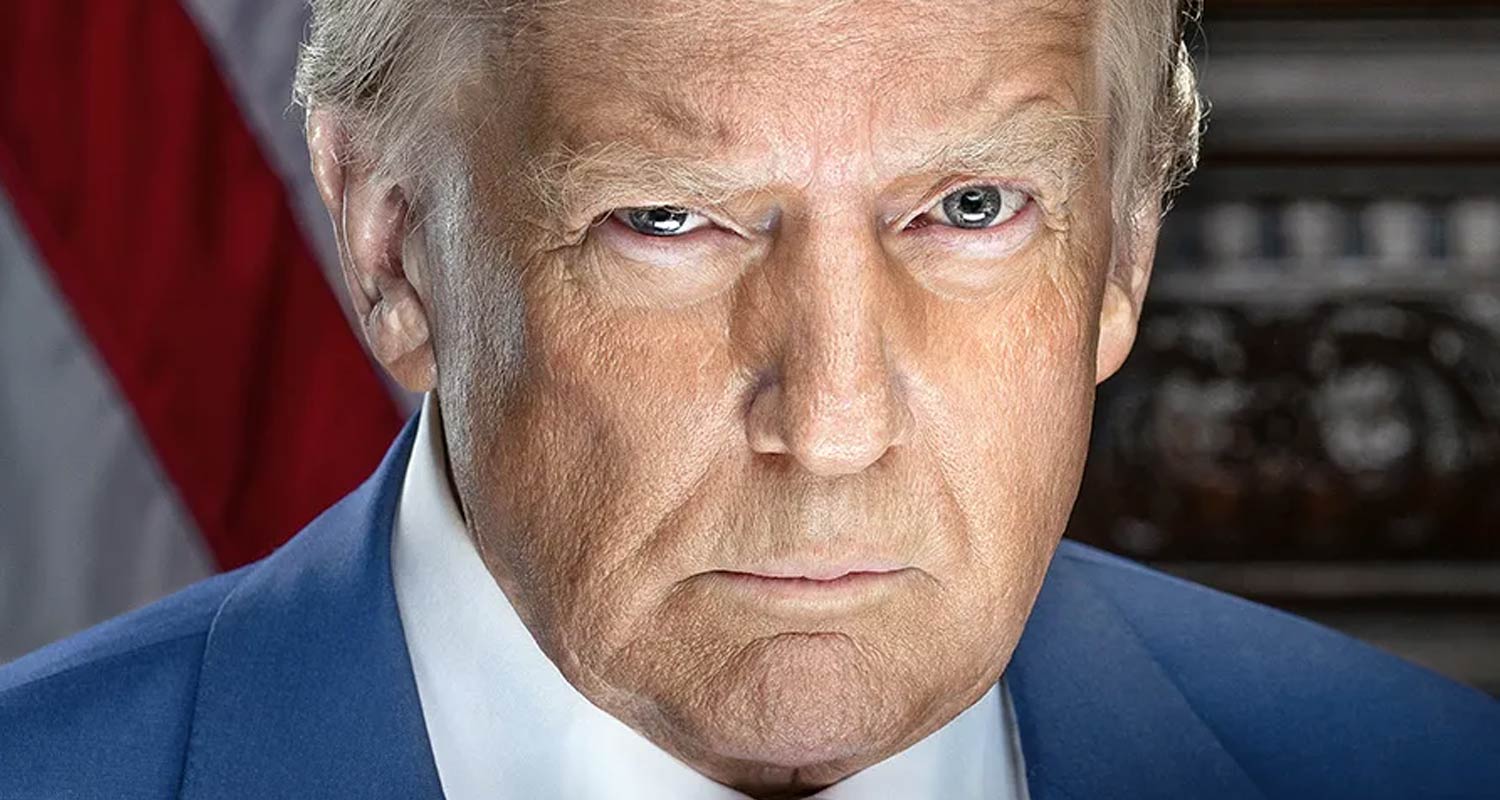
 US President Donald Trump
US President Donald Trump
The US government’s imposition of steep tariffs on African nations signals the end of the Agoa trade deal, an initiative meant to help African economies develop through preferential access to US markets, trade experts said on Thursday.
Several African countries were hit by some of the highest tariffs announced by the White House on Wednesday, including levies of up to 50% on goods from Lesotho, 47% for Madagascar, 40% for Mauritius, 38% for Botswana and 31% for South Africa, the continent’s biggest exporter to the US.
Countries have reacted differently to US President Donald Trump’s tariffs. South Africa said it urgently wants a new trade deal with the US, while Kenya said the 10% tariffs it faces could give it a competitive edge in textiles over worse-hit Asian rivals.
It’s a particular threat to South Africa, which exports over $2-billion/year in vehicles and car parts to the US
Many are already struggling with high poverty levels and debt. Madagascar faces food shortages caused by drought and exacerbated by cyclones. Tiny Lesotho has one of the world’s highest HIV/Aids infection rates.
The tariffs also compound the pain from Trump’s dismantling of USAid, the government agency that provided much of the continent’s aid, and his administration’s decision to cut bilateral assistance to South Africa.
Analysts were quick to predict that the US move would further bolster China’s already dominant role as a trading partner and investor in Africa.
“China is likely to play up its commitment to more predictable rules-based economic engagement, which could push countries even closer to its orbit,” said David Omojomolo, Africa economist at Capital Economics.
Goodbye, Agoa
Agoa, which grants qualifying African nations duty-free access to the US market, is due to expire in September. And the raft of tariffs suggests a renewal of the trade accord — a cornerstone of US policy towards Africa since the 1990s — is now unlikely.
“The reciprocal trade announcement policy will pull the Agoa rug from under our feet,” said economist Adrian Saville, a professor at the Gordon Institute of Business Science.
Read: Trump terminates US-backed Africa electrification programme
A senior official at Kenya’s foreign ministry said he expected tariff exemptions under Agoa to remain valid until September. The Washington-based African Coalition for Trade, however, believed they would not. “This is obviously not a positive sign for the outlook for renewal of Agoa,” the organisation said in a memo to members on Thursday.
The US is South Africa’s second largest bilateral trading partner after China. “The tariffs affirm the urgency to negotiate a new bilateral and mutually beneficial trade agreement with the US,” South Africa’s presidency said in a statement.
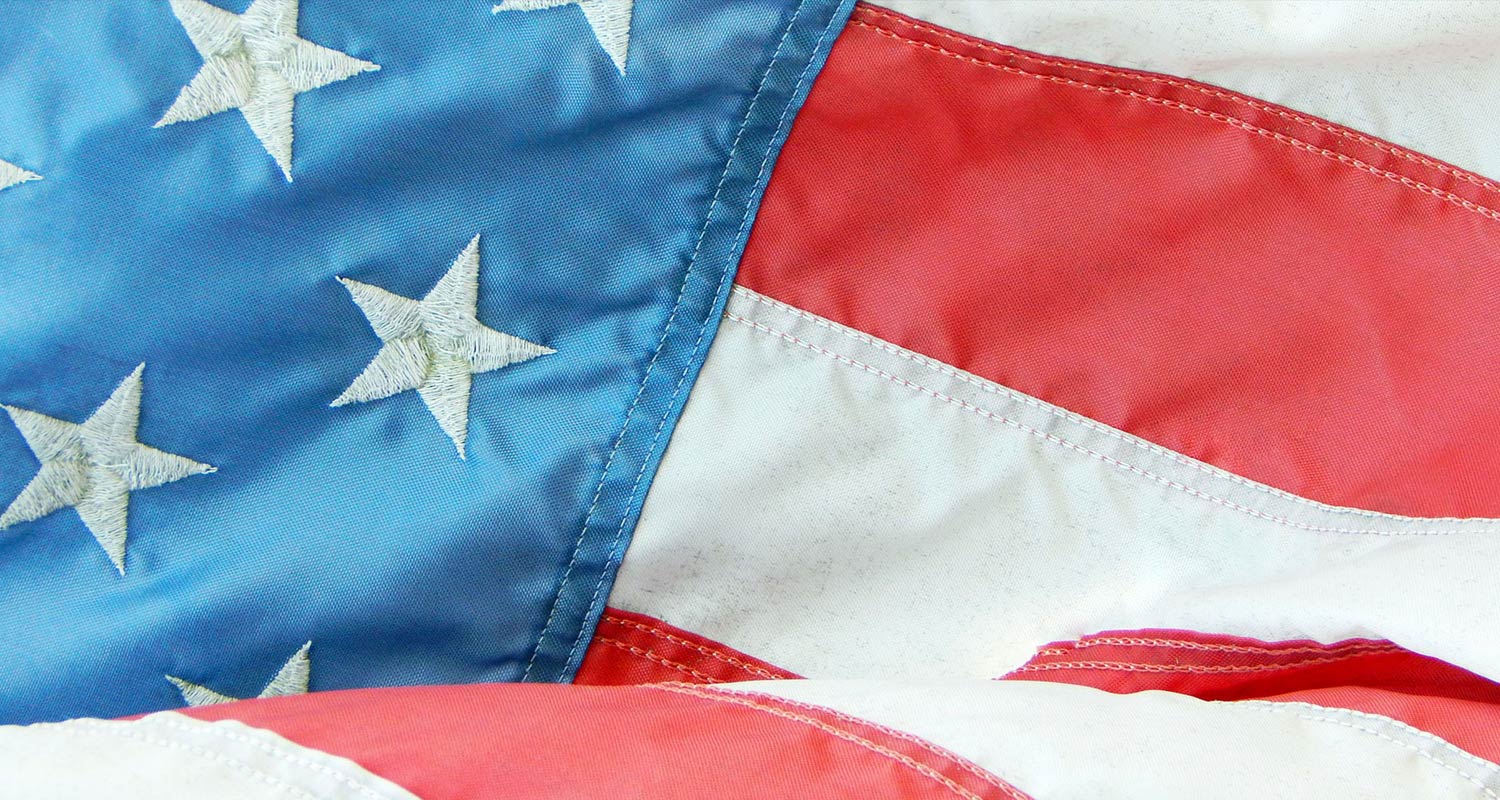 Trade minister Parks Tau said South Africa should not take a “retaliatory approach” towards Washington but continue to engage while also diversifying its trade partnerships. A new trade deal with Washington looks like a mountain to climb, however, given Trump’s recent hostility towards Pretoria.
Trade minister Parks Tau said South Africa should not take a “retaliatory approach” towards Washington but continue to engage while also diversifying its trade partnerships. A new trade deal with Washington looks like a mountain to climb, however, given Trump’s recent hostility towards Pretoria.
He has repeatedly attacked a land reform policy meant to address the legacies of colonialism and apartheid, characterising it as discrimination against white people.
Kenya said that the newly imposed 10% US tariffs would raise costs for Kenyan businesses but noted that major textile-exporting competitors Vietnam, Sri Lanka and Bangladesh were facing steeper levies.
Trump’s latest tariffs are in addition to the 25% imposed on all vehicles and car parts imported into the US
“Kenya could position itself as an alternative sourcing hub for US buyers. This presents an opportunity for investment in local textile production,” its trade ministry said.
Trump’s latest tariffs are in addition to the 25% imposed on all vehicles and car parts imported into the US, which will kick in from Thursday. This is a particular threat to South Africa, which exports over US$2-billion/year in vehicles and car parts to the US.
Other major South African exports to the US include precious stones and metals, iron and steel, machinery, aluminium products and citrus. — Nqobile Dludla, Nelson Banya, Olivia Kumwenda-Mtambo, Catherine Schenck, MacDonald Dzirutwe, Aaron Ross and Lovasoa Rabary, (c) 2025 Reuters
Get breaking news from TechCentral on WhatsApp. Sign up here.
Don’t miss:


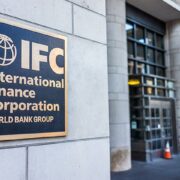


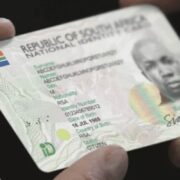
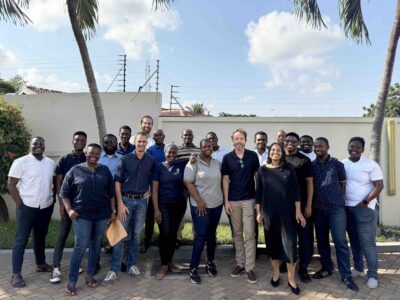




Comments